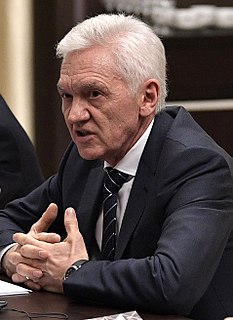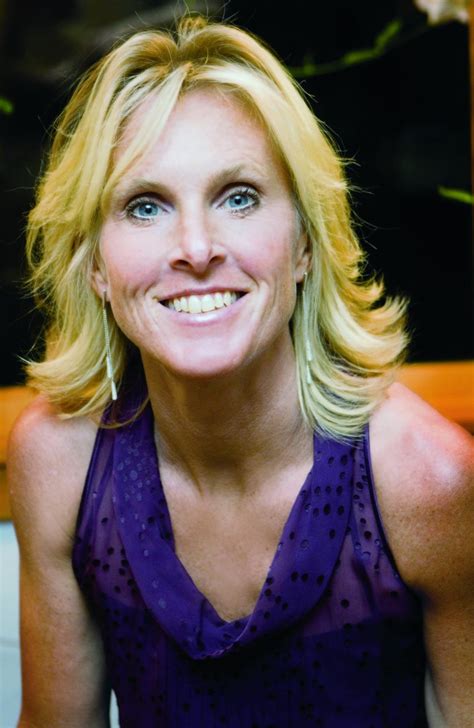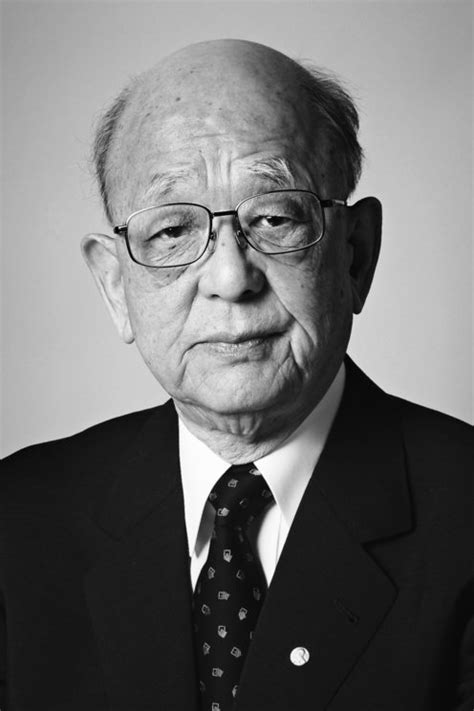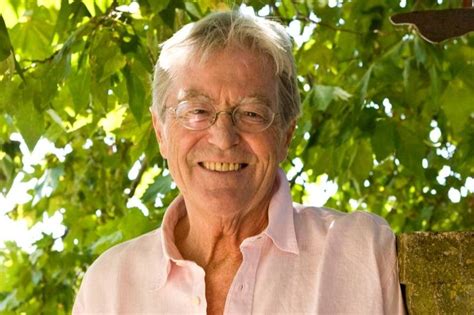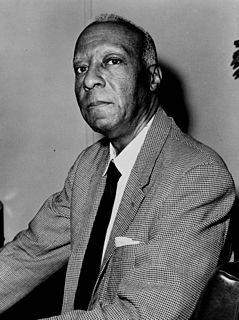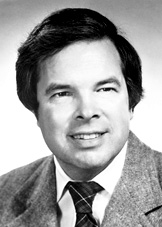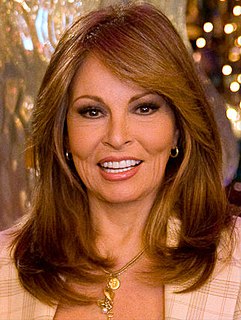A Quote by Ahmed Zewail
I left Egypt in 1969 for graduate school at the University of Pennsylvania. I have been on the faculty at Caltech for 37 years and carried dual citizenship for 31. But my commitment to the country of my birth never wavered.
Related Quotes
In total, I have spent 35 years at Hokkaido University as a staff member - 2 and a half in the Faculty of Science, and the other 32 and a half in the Faculty of Engineering. Other than about two years of study in America and a few months in other places overseas, most of my life has been spent at the Faculty of Engineering.
In primary school in south-eastern Nigeria, I was taught that Hosni Mubarak was the president of Egypt. I learned the same thing in secondary school. In university, Mubarak was still president of Egypt. I came to assume, subconsciously, that he - and others like Paul Biya in Cameroon and Muammar Gaddafi in Libya - would never leave.
I became a member of the faculty at Northwestern University in 1965 but did not complete my thesis until two years later at a graduate ceremony at which Carnegie Institute of Technology became Carnegie-Mellon University. At Northwestern, I was mentored by the 'three Bobs:' Robert Eisner, Robert Strotz and Robert Clower.
Equality is the heart and essence of democracy, freedom, and justice, equality of opportunity in industry, in labor unions, schools and colleges, government, politics, and before the law. There must be no dual standards of justice, no dual rights, privileges, duties, or responsibilities of citizenship. No dual forms of freedom.
My father came from a country called Bolivia. He was of Spanish descent. I never went to Bolivia until I was 60 years old, but apparently when he was 17, he had already planned his entire academic curriculum so that he could graduate high school and enter college in the United States. That's how much he wanted to come to this country.
I came to graduate school at Harvard University in 1954. My thesis supervisor, Julian Schwinger, had about a dozen doctoral students at a time. Getting his ear was as difficult as it was rewarding. I called my thesis 'The Vector Meson in Elementary Particle Decays', and it showed an early commitment to an electroweak synthesis.

